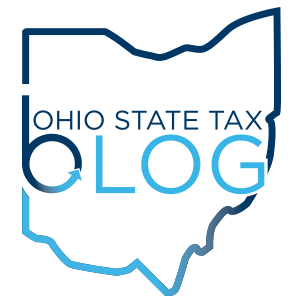Municipal Income Tax – SERP Constitutes Exempt Pension Income
Municipalities are given the power to tax by the Ohio Constitution – commonly referred to as the Home Rule. This power can be, and has been, limited by the Ohio General Assembly under Chapter 718 of the Ohio Revised Code. Additionally, municipalities often limit the income subject to taxation by its own ordinances, with a common exclusion for pensions. Ohio municipalities have put increasing emphasis on taxing employment benefits supposedly earned while working in or a resident of the city, even if the taxpayer receives the income years after last working in the city or when he/she is no longer a resident. See e.g., Boyer v. St. Bernard Municipal Bd. Of Appeal (June 23, 2009), B.T.A. No. 2007-K-139; and Wardrop v. Middletown Income Tax Review Bd. (Oct. 13, 2008), 2008-Ohio-5298 (Ohio App. 12 Dist.).
In a pro-taxpayer decision, the Ohio Board of Tax Appeals recently ruled that a taxpayer’s receipt of benefits under a supplement executive retirement plan (SERP) after retirement, when no longer a resident, were not taxable. In this case, the taxpayer argued the SERP constituted a non-taxable pension under the Shaker Heights Codified Ordinances. Even though the SERP was not expressly referred to as a pension, the BTA found that the SERP met the common meaning thereof – generally speaking, “any plan sponsored by an employer that provides for post-retirement income that’s designed to supplement their income for life” according to expert William Dunn. Accordingly, the income at issue was excluded from taxation under Shaker Heights’ own ordinance.
